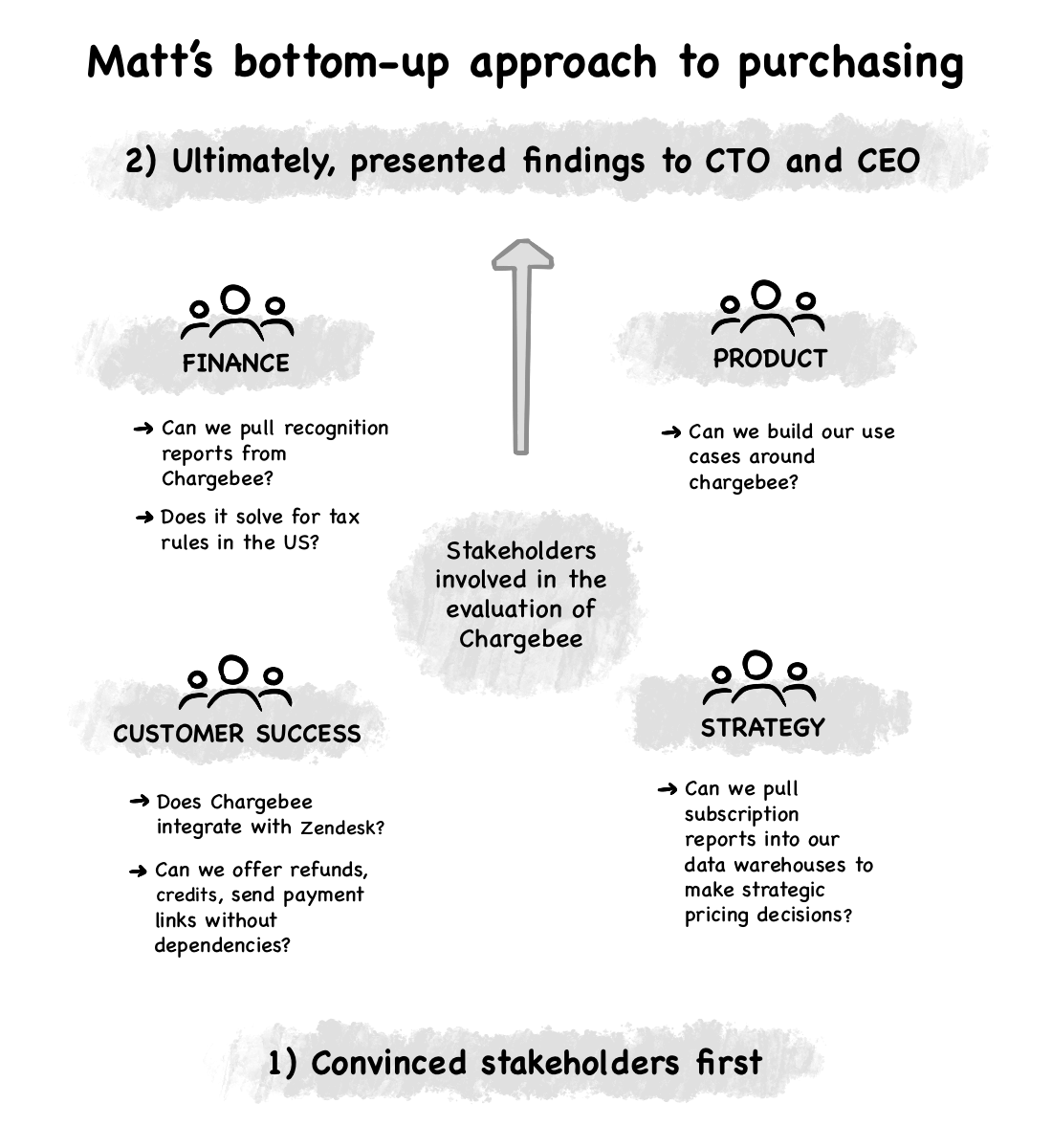MakeSpace was born out of a disaster that shook the entire East Coast in 2012. During Hurricane Sandy, Rahul Gandhi and his co-founders came face-to-face with a chaotic self-storage experience: the hassle of hauling things to a facility, disorganized staff, and playing a game of Tetris in real life to fit everything in. While everyone else saw a problem, they saw an opportunity to revolutionize the self-storage industry with a customer-first platform, powered by tech.
Disrupting the archaic $38 billion self-storage industry, MakeSpace was born. The fastest-growing on-demand storage company, bringing consumer and business storage services to 31 markets.
The Problem
By 2019, MakeSpace had raised its Series D, built a national team, and innovated on logistics and warehouse systems. The next step was to scale as aggressively as possible.
“Our focus has always been on making MakeSpace bigger and better. How can we make our product easier for customers to use? Have fewer billing issues? Offer more service options to more customers?” explained Matthew Busel, Product Manager at MakeSpace. We realized we had to switch from our homegrown billing system to something that’s more scalable.”
As a young, engineering-driven tech startup, MakeSpace opted to build its own billing system to accommodate a simpler version of the product. But as it grew with more pricing variations, more customers, and markets covered, MakeSpace needed something more nimble and sophisticated.
Matt joined the product team at MakeSpace in a climate that he recalls as “Everybody knew our billing system needed a big upgrade but none had tackled the issue yet.”Their internal system could no longer keep up with the: i) Increasingly dynamic pricing model ii) Attempted fraudulent charges and iii) Complicated US tax situation with different tax rules for individual states.
The Evaluation
Two months into his job as the Product Manager, Matt had to make the most challenging decision to build or buy.
In front of him were three options:
One - invest the time, money, and at least 3 engineers to rebuild and stabilize the internal system.
Two - lean on to Stripe, their gateway, to use some of the billing features available and build the rest as needed.
Three - find a 3rd party subscription billing provider—like Chargebee—and have their database talk to the billing system.
The MakeSpace Mantra: Always choose core over non-core
Vijay, CTO of MakeSpace, always checks if a feature to be built is “core” to MakeSpace.
“We only want to build products that are 'uniquely MakeSpace' where we have a particular advantage in development. But billing, which is incredibly important to the company, is actually not something we want to build in-house. We know it's better to get a billing product from someone that's dedicating all their time to understanding different billing needs and building out complex features."
From the early evaluation calls, Matt was insistent that the subscription billing tool should scale with MakeSpace’s hyper-growth. Of the smorgasbord of features he wanted, the ability to accommodate their complex pricing topped the list.
Accommodating MakeSpace’s competitive pricing game
As an on-demand storage solution, MakeSpace’s pricing is based on multiple parameters such as geography, size of storage plan, and other competitive market factors.
MakeSpace wanted a system that charges the customer the right sum at the time of subscription creation, regardless of its complex pricing variations.

The Solution
1) Chargebee API + MakeSpace database, a coherent communication
When a subscription is created, Chargebee API talks to the MakeSpace internal database to spit out the exact billing amount —keeping in check the pricing model, zip code, and storage plan.
2) Billing touches every team in MakeSpace
Four different teams rely on Chargebee for their operations:
Billing team handles daily customer billing issues
Customer success team takes advantage of the Chargebee + Zendesk integration to access subscription info right in their help desk while staying connected with customers.
Finance team exports invoice specifics from Chargebee into Quickbooks to run revenue recognition reports
Strategy team flips plan-level and customer-specific data from Chargebee into their data warehouses to make strategic pricing decisions
Growth beyond COVID
Overnight, work-from-home became the worldwide solution to fight the pandemic. As businesses closed down operations, MakeSpace acted swiftly and launched its on-demand storage solution for businesses. Using Chargebee’s billing infrastructure, MakeSpace was able to deploy new storage plans in minutes, not months.In Chargebee, Matt found a partner that his company can grow with and continue to offer physical storage experiences their customers rave about.
As an on-demand storage company, our pricing for storage depends on multiple parameters such as geography, size of plan, and other market factors. With Chargebee’s Pricing API, we built the exact pricing model we wanted. Now, Chargebee is our single source of truth for all billing data and provides subscription intel to multiple apps in the MakeSpace ecosystem."
Matthew Busel, Product Manager, MakeSpace
Tech Stack
Finance
Chargebee, Stripe, Quickbooks
Sales & Marketing
Zendesk, Drift
Analytics
Stitch, Segment, Mixpanel
